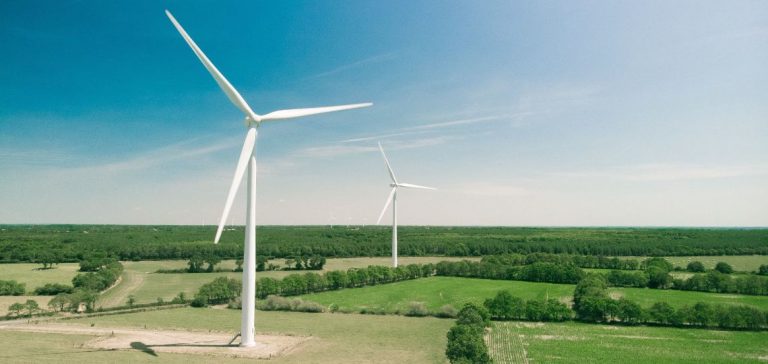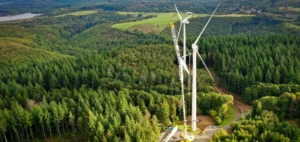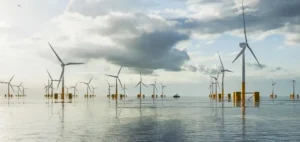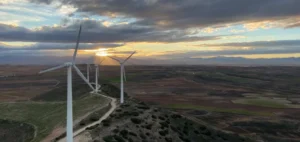As the energy transition becomes an absolute priority to meet decarbonization goals in Europe, rural areas, historically distant from large infrastructure, are now at the forefront. While wind farms promise to address these climate challenges, their installation in rural territories is increasingly met with resistance. Territories like Sardinia and the mountains of Auvergne are just a few examples of the growing difficulties governments and renewable energy developers face against local opposition driven by economic, social, and ecological concerns.
Sardinia: An island fighting for its identity
In Sardinia, a region where tourism and agriculture dominate the local economy, the population is particularly hostile to the installation of wind farms. Although these projects are seen as a step toward energy modernization, they are interpreted by some locals as a dispossession of their natural resources. The contrast between large infrastructures and pristine landscapes fuels a strong sense of resistance, especially in coastal areas, often targeted for their constant winds.
Acts of sabotage against wind turbines are a visible manifestation of this opposition. The fear that the island will become merely an energy supplier for the mainland without local benefits is omnipresent in the speeches of opponents. Tensions are exacerbated by a sense of economic injustice: while large companies profit from the energy generated, local communities see little tangible return. This feeling of disregard from foreign investors strengthens the resistance to these projects.
In Auvergne: A fragile balance between economy and landscape preservation
In the mountains of Auvergne, the situation is equally complex but expressed differently. Here, wind farms could represent a real economic opportunity for financially struggling municipalities. Revenues generated by these installations could finance local infrastructure such as road repairs or school renovations. However, many residents view these installations as an irreversible threat to the region’s natural beauty, known for its unique volcanic landscapes.
Local elected officials face a delicate dilemma. Should they sacrifice part of the region’s visual heritage to ensure an economic future for their residents? This dilemma sometimes becomes insurmountable. In some municipalities, public pressure is so great that mayors have chosen to resign rather than confront an opposition they deem too strong. Debates over wind turbines thus reveal a fracture within rural populations, where defenders of short-term economic development clash with those advocating for strict landscape preservation.
Germany and Denmark: When ecology clashes with biodiversity and heritage
The leading wind energy countries, such as Germany and Denmark, are also experiencing growing resistance, despite their progress in energy transition. In Germany, with over 30,000 wind turbines in operation, the debate no longer solely focuses on visual impact but also on biodiversity protection. Environmentalists and local associations are multiplying legal challenges to protect wildlife, particularly birds and bats, from the risks posed by turbine blades. This ecological barrier has significantly slowed down numerous projects, especially in the country’s forested areas.
In Denmark, another phenomenon complicates wind farm deployment: the defense of cultural heritage. In some regions, the local church has the right to veto projects visible from places of worship, leading to the blockage of several wind farm projects. This opposition, both cultural and aesthetic, shows that the energy transition is not solely an economic or ecological issue but also touches on the traditions and identity of territories.
Lessons learned and solutions for the future
In response to this resistance, some European countries have begun to rethink their approach. In Spain, participatory projects have been set up to involve local communities from the outset, offering them a share of the profits generated by the wind farms. These initiatives have helped reduce tensions and ensure better acceptance of the projects. In France, the 2023 law on renewable energies introduced mediation mechanisms and consultation processes to improve local acceptance. By allowing communities to take ownership of these projects, the goal is to turn resistance into collaboration while meeting decarbonization goals.
However, despite these efforts, the road to widespread acceptance of wind turbines in rural areas remains long. The examples of Sardinia, Auvergne, and other regions show that the issue of renewable energy cannot be solved with a one-size-fits-all approach. Each territory presents its own challenges, and solutions must be tailored to both local needs and the global objectives of the energy transition.






















